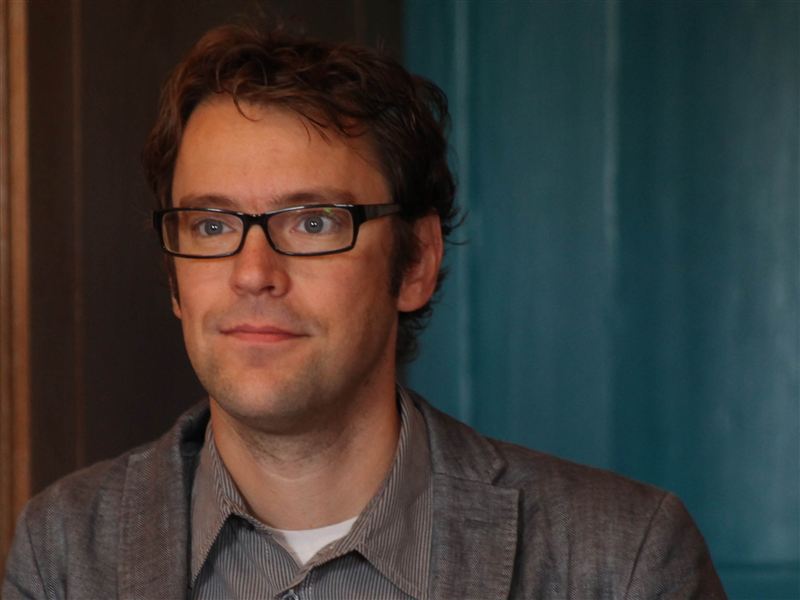torsdag
jun052008
Intellektuellt arbitrage: Acemoglu för statsvetare
 5 jun 2008, kl 19:08 |
5 jun 2008, kl 19:08 |  Lite väl akademiskt
Lite väl akademiskt
Intellektuellt arbitrage är på tok för sällsynt inom samhällsvetenskapen.
Termen syftar på överförandet av kunskap som är känd och accepterad inom ett fält till ett fält där den är okänd. Om flera ägnade sig åt detta, skulle ekonomer, statsvetare och sociologer slippa uppfinna hjulet på nytt gång på gång (och ofta under olika namn).
I de två senaste British journal of political science, finns dock ett undantag: Två statsvetare har upptäckt att ekonomer skrivit massvis om val, väljare, institutioner och politik. De sammanfattar de senaste fem årens teoretiska forskning kring dessa frågor publicerad i topp-fem nationalekonomitidskrifter.
Dewan, Torun and Kenneth A. Shepsle. 2008. "Recent Economic Perspectives on Political Economy, Part II." British journal of political science 38:543-564.
Abstract:
(Tack till Daniel för tips!)
Termen syftar på överförandet av kunskap som är känd och accepterad inom ett fält till ett fält där den är okänd. Om flera ägnade sig åt detta, skulle ekonomer, statsvetare och sociologer slippa uppfinna hjulet på nytt gång på gång (och ofta under olika namn).
I de två senaste British journal of political science, finns dock ett undantag: Två statsvetare har upptäckt att ekonomer skrivit massvis om val, väljare, institutioner och politik. De sammanfattar de senaste fem årens teoretiska forskning kring dessa frågor publicerad i topp-fem nationalekonomitidskrifter.
Dewan, Torun and Kenneth A. Shepsle. 2008. "Recent Economic Perspectives on Political Economy, Part II." British journal of political science 38:543-564.
Abstract:
In recent years some of the best theoreticalwork on the political economy of political institutions and processeshas begun surfacing outside the political science mainstream in highquality economics journals. This two-part article surveys thesecontributions from a recent five-year period. In Part I, the focus wason elections, voting and information aggregation, followed bytreatments of parties, candidates and coalitions. In Part II, papers oneconomic performance and redistribution, constitutional design, andincentives, institutions and the quality of political elites arediscussed. Part II concludes with a discussion of the methodologicalbases common to economics and political science, the way economistshave used political science research, and some new themes and arbitrageopportunities.Se här hur de förklarar Acemoglu&Robsinsons papper Why Did the West Extend the Franchise? Democracy, Inequality, and Growth in Historical Perspective’, Quarterly Journal of Economics, 115 (2000), 1167–200.
(Tack till Daniel för tips!)

Reader Comments (3)